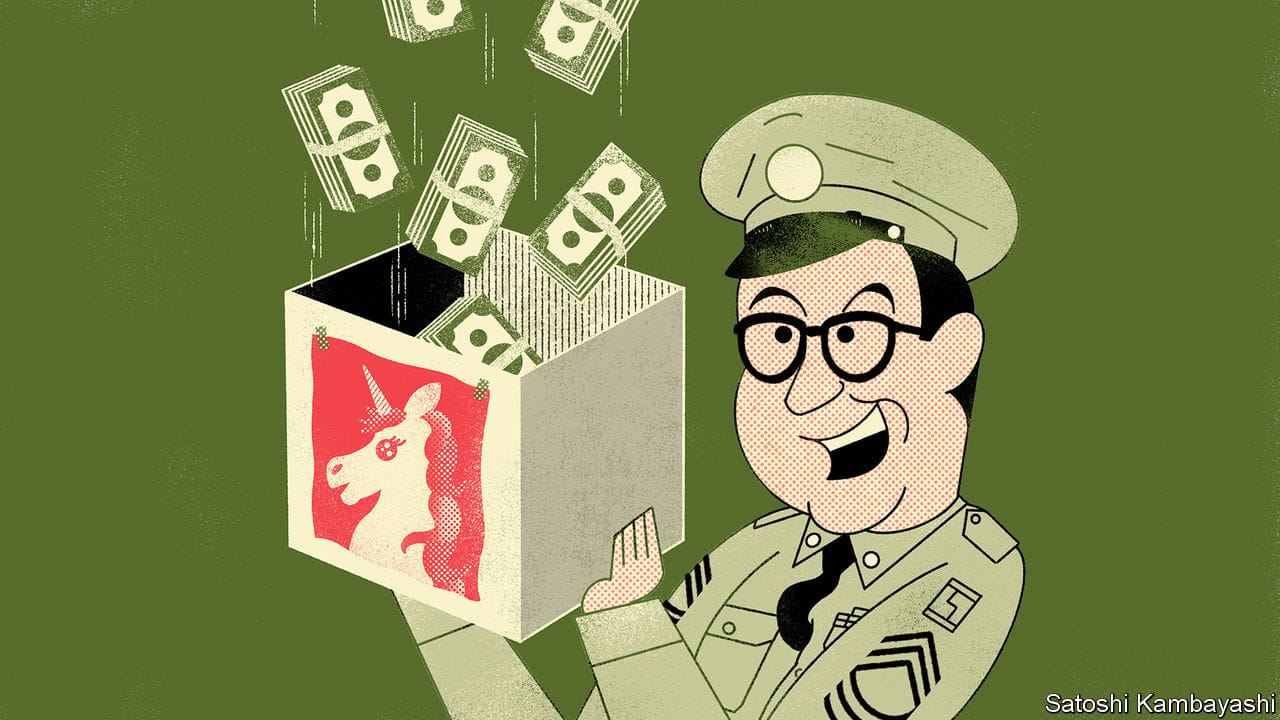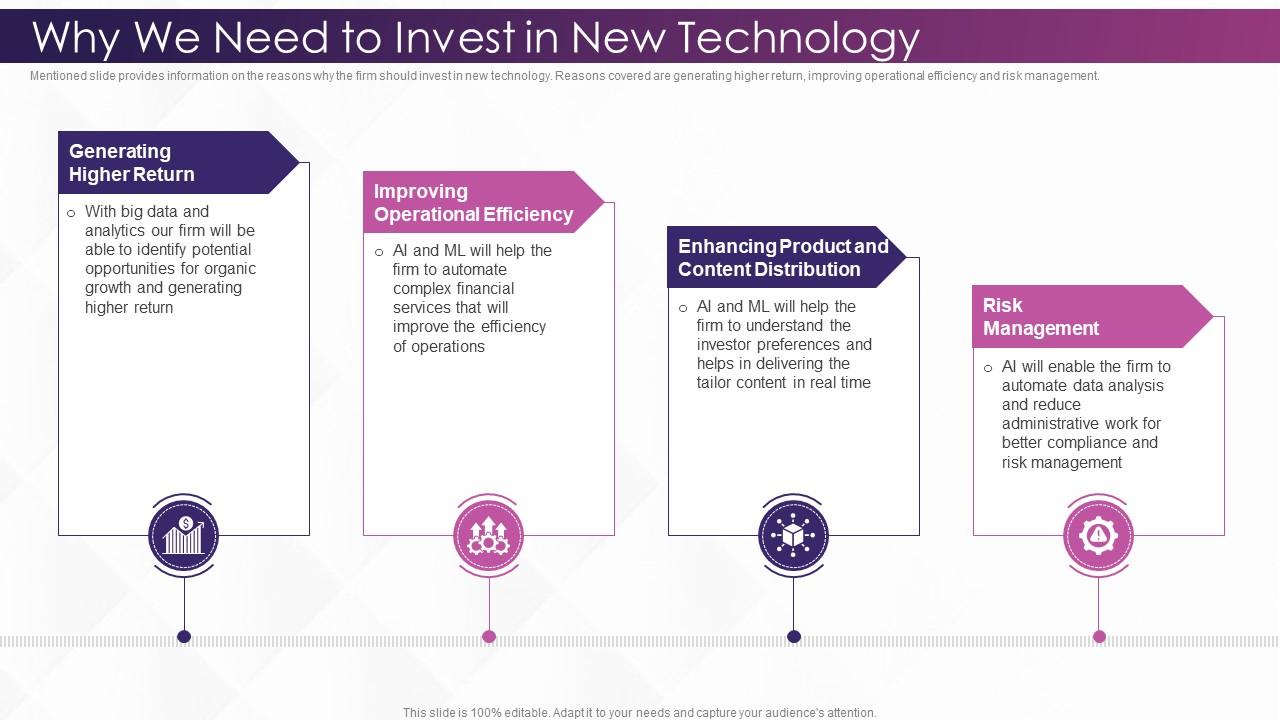
The Silicon Valley Shakes the Foundations of Democracy: A New Era of Power Struggles
As tech giants ramping up their influence disrupt our political landscapes, the call for safeguarding democracy grows louder. Recent weeks have showcased a surge of activity from several prominent figures in the tech industry—most notably Elon Musk, Mark Zuckerberg, and Peter Thiel—who seem intent on wielding their wealth and digital platforms to challenge established norms and authorities.
 The seismic shifts in Silicon Valley politics
The seismic shifts in Silicon Valley politics
Social Media Moguls vs. Democratic Institutions
The looming U.S. elections and new regulations from the European Union have set the stage for a battle between Silicon Valley’s economic might and democratically elected officials. It has become clear that prominent tech figures are not merely reacting to political shifts; rather, they are proactively engaging in a campaign that some perceive as a revolution against democratic governance. As noted by analysts, this movement appears to represent a collision course with long-standing democratic values.
In a pointed commentary, influential American billionaire Mark Cuban issued a warning, describing the actions of these tech moguls as not just a support mechanism for Donald Trump, but rather indicative of a broader agenda to seize control. Cuban’s assertion captures the essence of what is unfolding: a concentrated effort to disrupt conventional political processes.
The Tech Sector’s Reaction to Monetary Policies
Meanwhile, the recent session on Wall Street illuminated a correlation between rising tech stock values and the Federal Reserve’s decision to lower interest rates. After an initial period of trepidation, investors realized that the reduced rates would yield significant gains for the tech sector, prompting the Nasdaq-Composite to soar by nearly 2.5%. This refreshing market optimism is indicative of how linked the tech industry’s health is to monetary policy.
Wall Street rallies on tech growth
Jerome Powell, the Chairman of the Fed, emphasized that the economy shows no signs of significant trouble, thus reinforcing confidence among investors. As the outlines of a robust recovery materialize, chip sector giants like Nvidia and AMD took center stage, reflecting a vibrant tech market invigorated by favorable economic conditions.
Headline Global Growth Fund: Investing in Tomorrow’s Tech Champions
Amidst this dynamic backdrop, companies such as Headline are stepping up efforts to identify and nurture the tech innovators of tomorrow. Their announcement regarding a substantial $865 million investment fund is significant, potentially shifting the landscape for technology development. This fund aims to back profitable tech startups, with a remarkable focus on those displaying consistent growth and resilience in their market approach.
Founded in 1998, Headline strives to cast its net across multiple core markets, exemplifying a commitment to fostering the entrepreneurial spirit. Shalini Rao, at the helm of the new Global Growth IV initiative, emphasizes the importance of investing in people—the true backbone of any technological advancement.
 The changing face of venture capital
The changing face of venture capital
The Implications for the Tech Ecosystem
These simultaneous developments—the fortification of tech investment via new funds and the contentious evolution of tech moguls into political players—suggest a future where tech is even more deeply intertwined with governance and societal norms. The venture capitalism model that has spurred revolutions in various industries is now looking to reshape political landscapes as well.
Investors and the public alike must navigate this complex terrain as power dynamics shift. The journey ahead may well hinge on how we collectively respond to these challenges and the calls for accountability in a tech-driven world.
As the influence of technology magnates deepens, society stands at a critical juncture. Where do we draw the line between innovation and the potential undermining of democratic institutions? How do we harness the power of technology to propel positive change without relinquishing control to those who wield it?
In conclusion, the intersection of technology and politics will likely define the coming years, and it remains to be seen whether these changes will foster democracy or lead to its deterioration. As citizens, we must remain vigilant and proactive in safeguarding our democratic values against the tides of change.
 The ongoing struggle for democratic governance
The ongoing struggle for democratic governance















